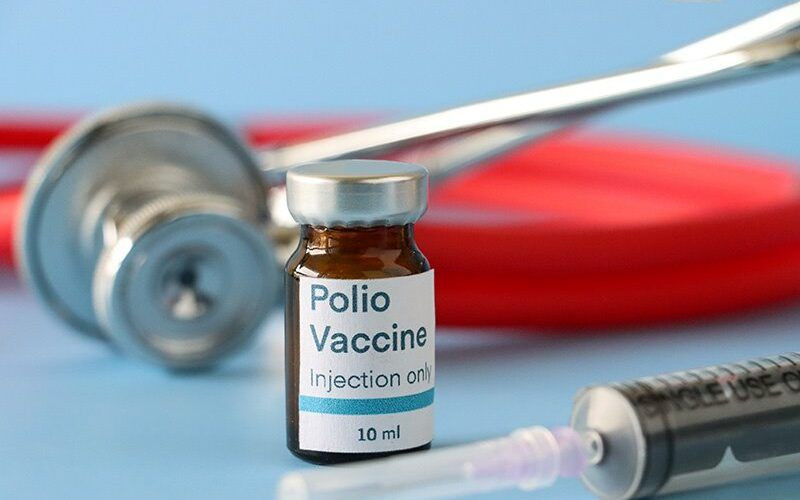
BULAWAYO City Council (BCC) will roll out a second polio vaccination outreach programme targeting children under 10 years, beginning tomorrow in an effort to eradicate the disease that causes permanent paralysis.
Over 160 000 children were vaccinated in the first round of the exercise which started in February.
The Health and Child Care ministry started a nationwide polio vaccination campaign on February 20 using the novel OPV type two (nOPV2) vaccine following the confirmation of poliovirus type 2 (cVDPV2) circulating in the country.
The nationwide campaign, targeting all children under 10 years, sought to interrupt virus transmission and prevent further outbreaks.
Bulawayo chief nursing officer Sithokozile Hove said the second round outreach programme will run until March 22.
“We have embarked on staff recruitment to facilitate this programme, where we will revisit all schools,” she said.
“Also, there have been sensitisation meetings for all stakeholders and communities ahead of this outreach programme.”
Hove described the previous campaign as a success, though she noted that there was some resistance from some quotas such as the apostolic sects.
- Bulawayo struggles to clear housing backlog
- Bulawayo struggles to clear housing backlog
- Egodini developer changes tune
- Hesitancy slows Covid vaccination for children
Keep Reading
“Provincial coverage is above 100%, while targeted sites and schools were covered as scheduled,” she said.
“There were adequate vehicles for the teams and we never ran out of the vaccines.”
Hove urged parents and guardians to ensure that all children below the age of 10 are vaccinated.
“Those who received the vaccine during the first round will also get vaccinated during this second phase because we are reacting to an outbreak to boost our children’s immunity against the disease,” she added.
According to the United Nations Children’s Fund, Zimbabwe last reported a wild poliovirus case in 1986.
Poliomyelitis (or polio) is a highly infectious viral disease that largely affects children under five years.
The virus is transmitted person-to-person mainly through the faecal-oral route or, and less frequently, by a common vehicle such as contaminated water or food.
Initial symptoms are fever, fatigue, headache, vomiting as well as stiffness of the neck and pain in the limbs.
One in 200 infections leads to permanent paralysis. Among those paralysed, 5% to 10% die when their breathing muscles are immobilised.









